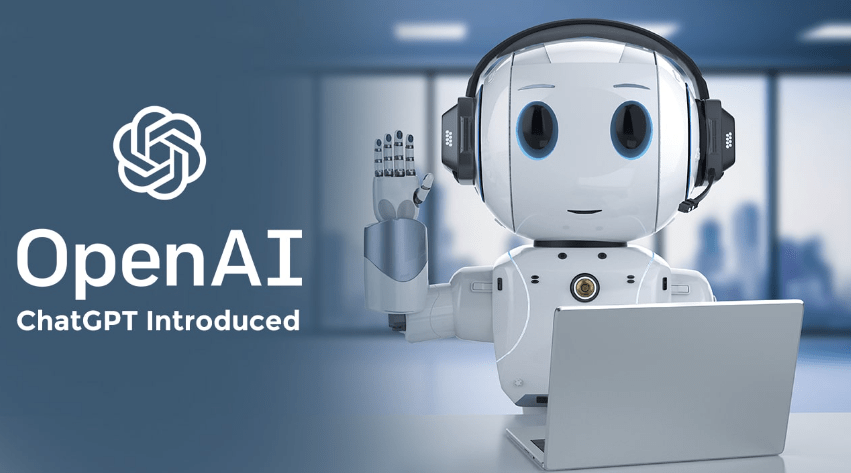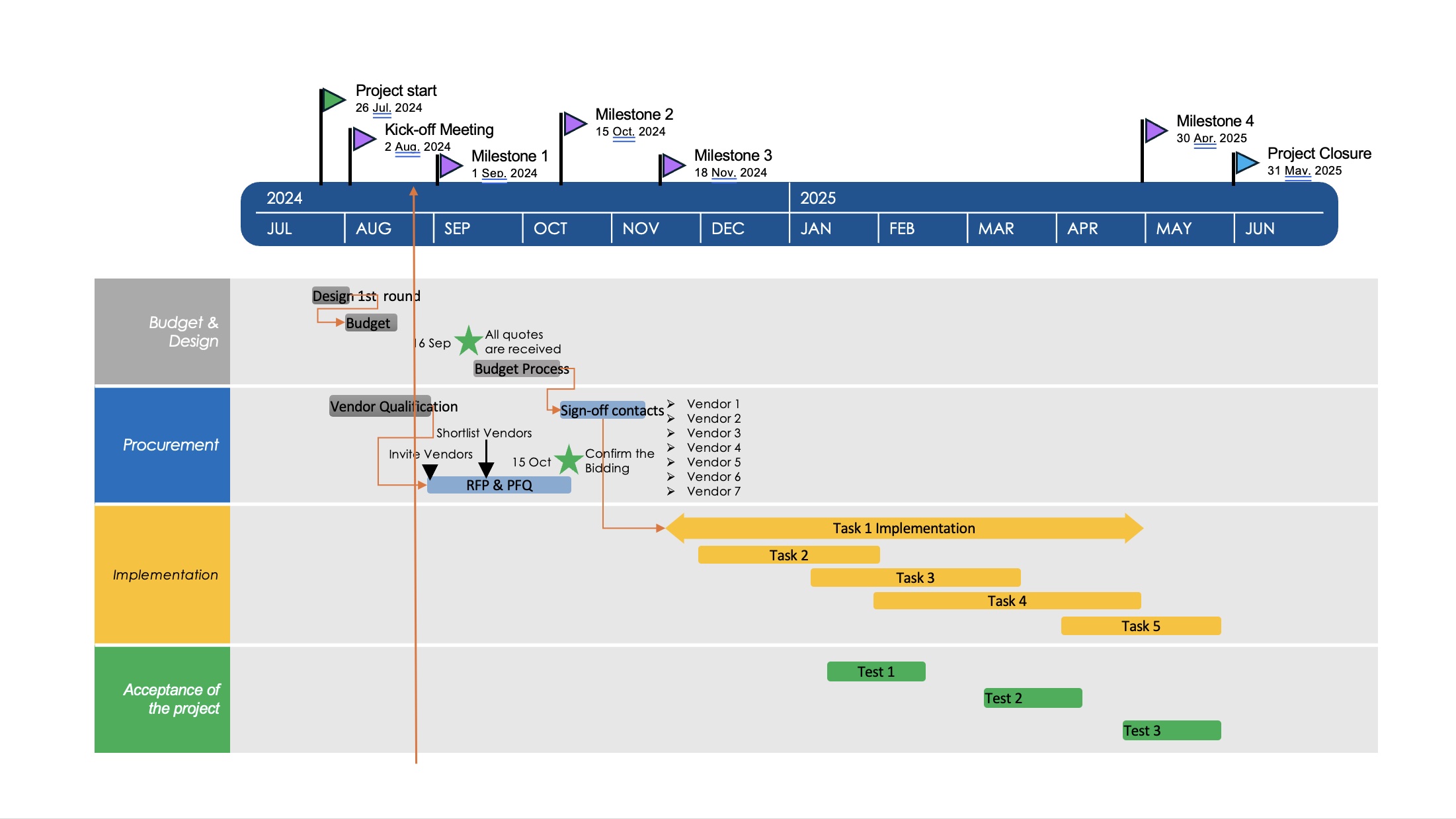ChatGPT is a revolutionary chatbot developed by OpenAI that can interact with users in a natural and conversational way. It can answer questions, generate creative writing pieces, and even debug code. However, as with any AI-powered tool, there are some potential risks and limitations that users should be aware of. In this blog post, we will discuss how ChatGPT works, what are some of the safety issues that it may encounter, and how to avoid leaking your personal information when using it.
How ChatGPT works
ChatGPT is based on a deep learning model called the Transformer, which can learn patterns and relationships in large amounts of text data. ChatGPT was trained on a massive corpus of text from the internet, which enables it to generate diverse and human-like responses to a given prompt. ChatGPT uses a technique called reinforcement learning from human feedback (RLHF), which means that it learns from the ratings and preferences of human AI trainers who evaluate its responses. This way, ChatGPT can improve its performance and quality over time.
Is ChatGPT safe? What are some of the safety issues with ChatGPT?
ChatGPT is not perfect and may sometimes produce incorrect, nonsensical, or even harmful responses. Some of the possible safety issues with chatGPT are:
- Factual errors: ChatGPT may not always have access to the most accurate or up-to-date information, and may rely on outdated or unreliable sources. For example, it may give wrong answers to factual questions or make false claims about certain topics.
- Bias and toxicity: ChatGPT may reflect some of the biases and toxicity that exist in the text data that it was trained on. For example, it may use offensive or inappropriate language, express prejudiced or hateful views, or promote harmful behaviors or ideologies.
- Privacy and security: ChatGPT may inadvertently expose or compromise your personal information or data. For example, it may reveal sensitive details about your identity, location, preferences, or activities, or it may try to persuade you to share such information with it or others.
How to avoid leaking your personal information when using ChatGPT
To protect your privacy and security when using ChatGPT, you should follow some basic guidelines and best practices:
- Do not share any personal information with ChatGPT or anyone else online. This includes your name, address, phone number, email, social media accounts, passwords, credit card numbers, bank details, etc.
- Do not trust everything that ChatGPT says or does. Remember that ChatGPT is not a human and may not have your best interests at heart. It may try to deceive you, manipulate you, or trick you into doing something that you may regret later.
- Do not use ChatGPT for sensitive or critical tasks. ChatGPT is not a reliable source of information or advice and should not be used for important decisions or actions. It may give you wrong or misleading information or suggestions that could harm you or others.
- Do not use chatGPT for illegal or unethical purposes. ChatGPT is not a tool for breaking the law or violating moral principles. It may refuse to answer your questions or requests if they are potentially harmful to someone physically, emotionally, financially, etc.
Conclusion
ChatGPT is an amazing technology that can provide users with a fun and engaging experience. However, it also comes with some risks and limitations that users should be aware of and cautious about. By following some simple rules and common sense, you can enjoy ChatGPT safely and responsibly.



